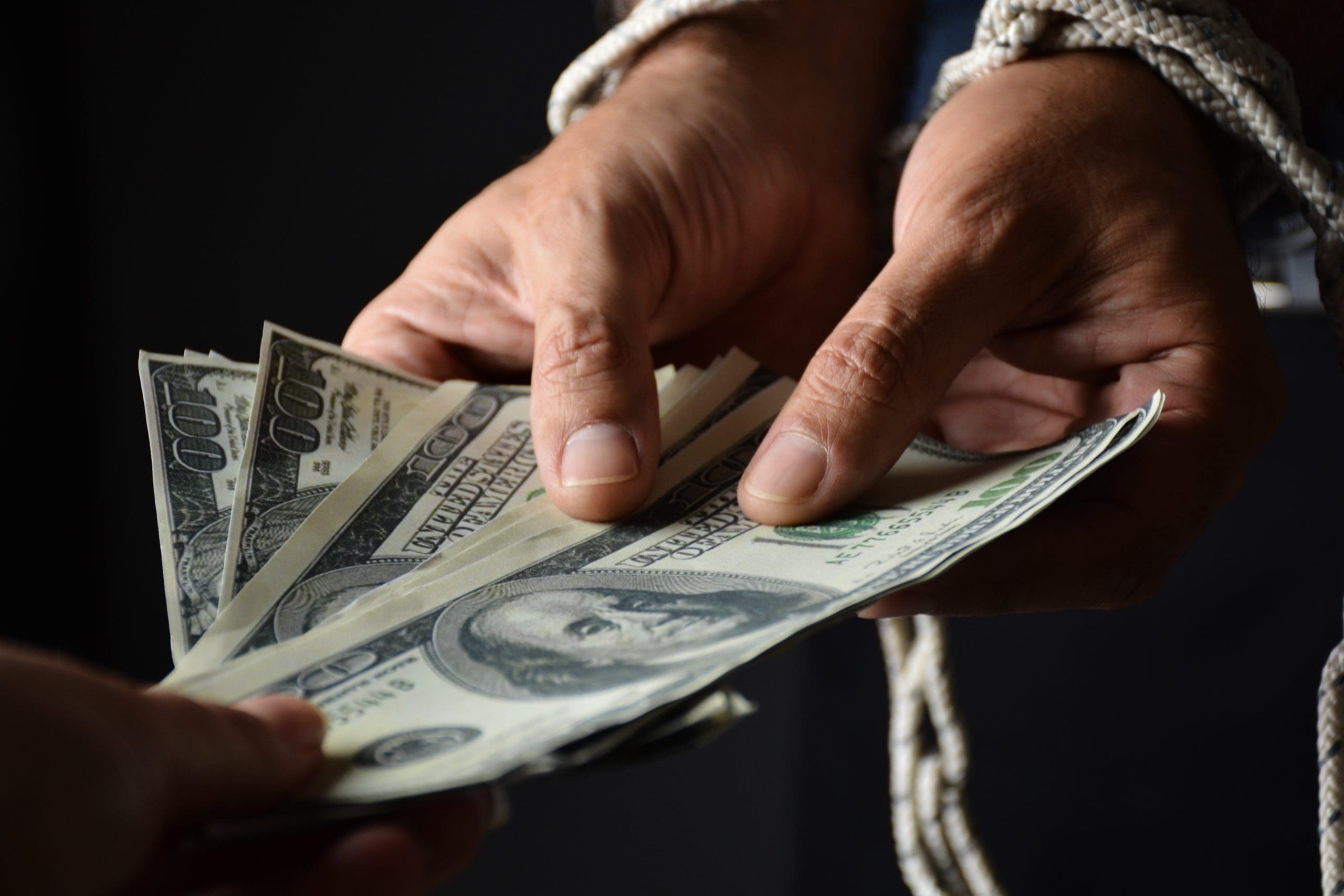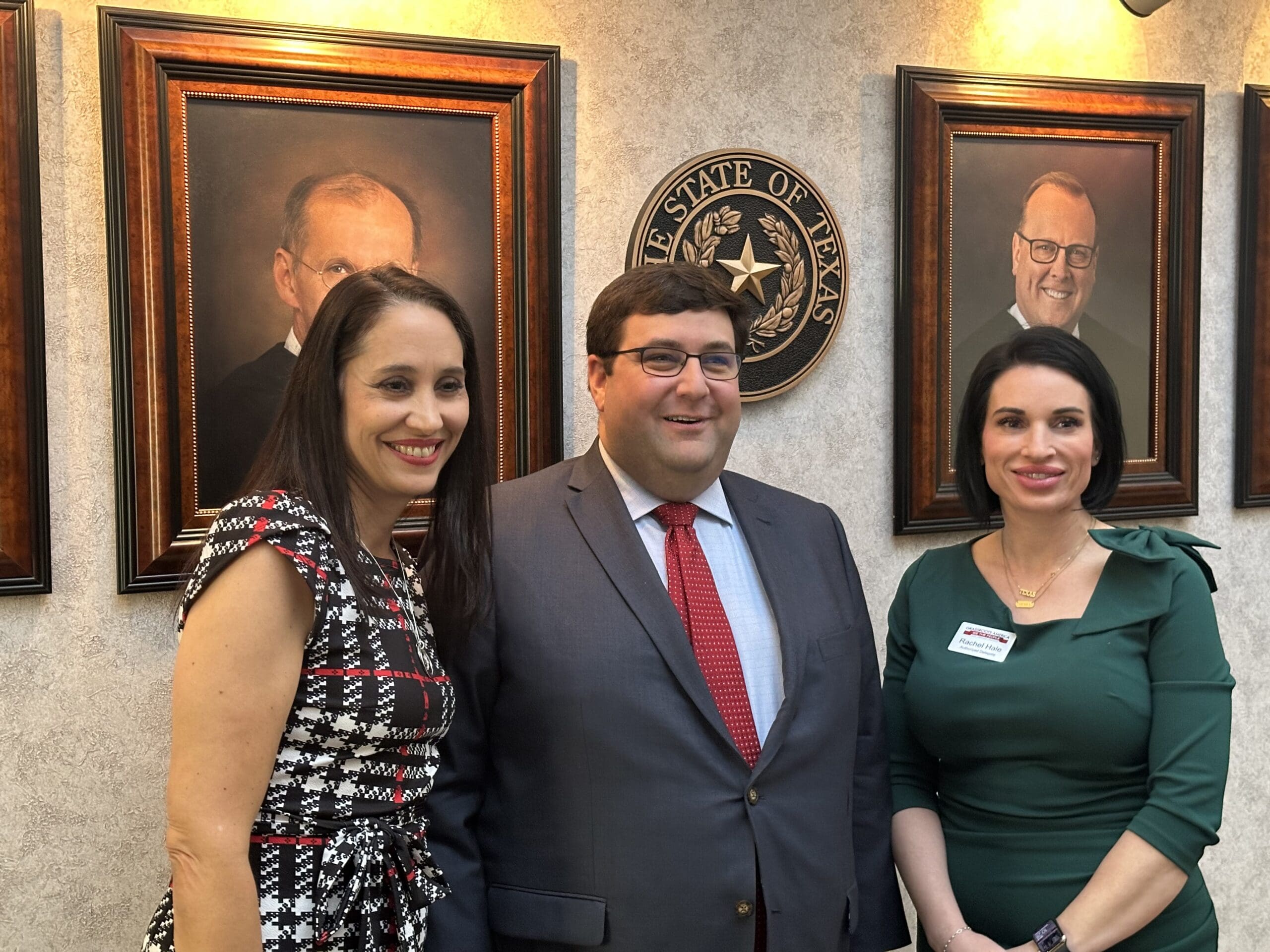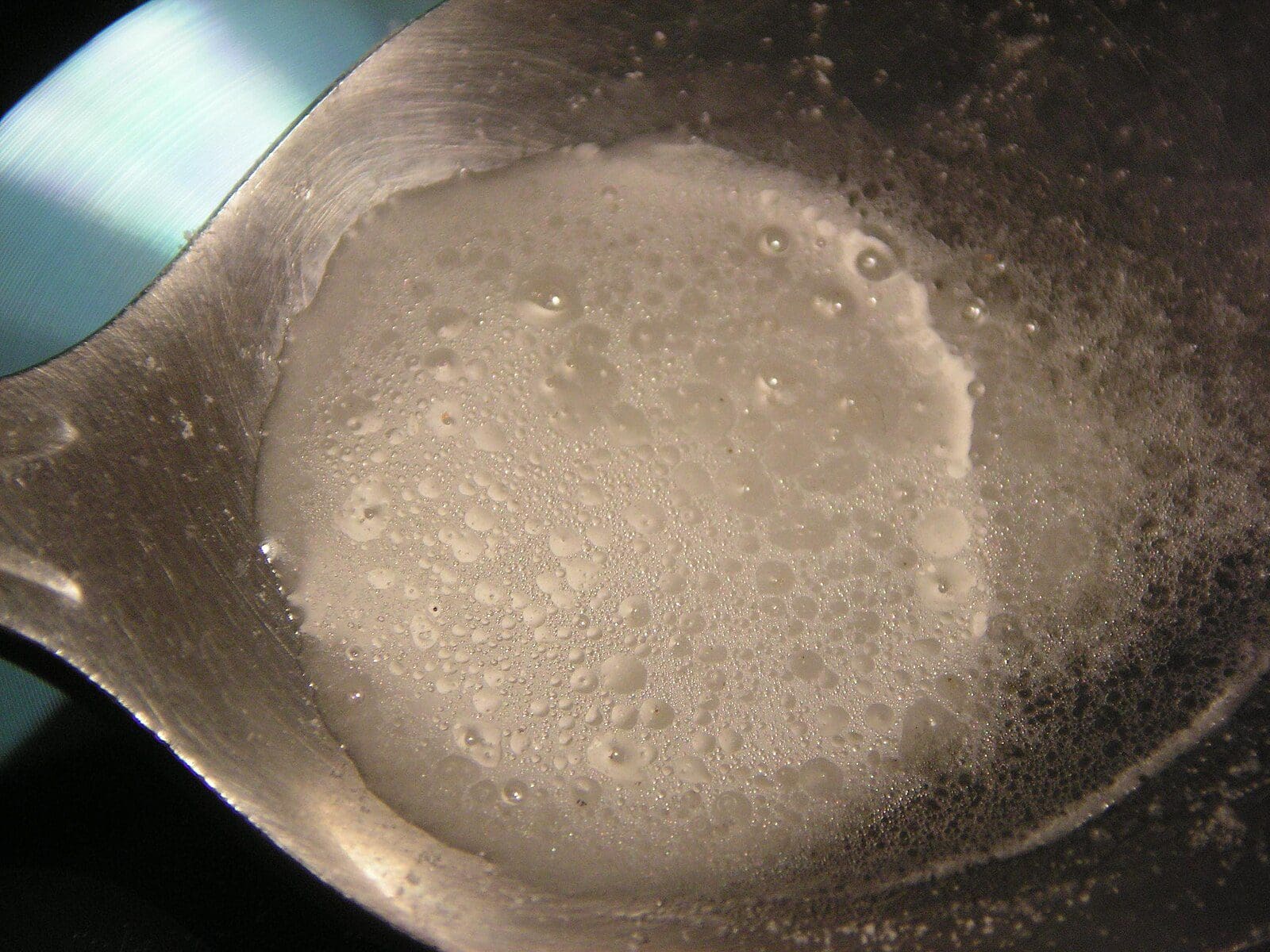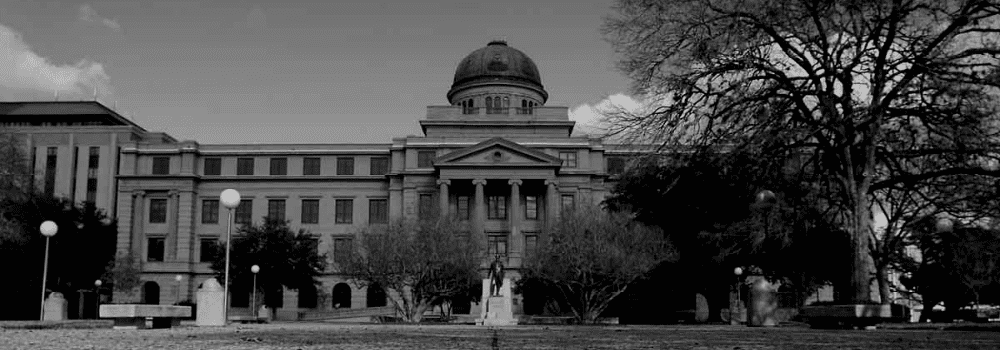In a recent email, State Sen. Don Huffines (R-Dallas) again called for a repeal of the “vehicle inspection tax,” which is a term he uses to describe the requirement that all Texans have their vehicle inspected annually.
According to Huffines, “Multiple academic, economic, and government studies confirm: so-called ‘safety’ inspections don’t do anything to make our roads safer.”
Huffines seems to be correct; according to a study conducted by the Government Accountability Office – Congress’s nonpartisan research wing – vehicle component failures account for only 2 percent of car crashes nationwide. Additionally, there is no data to suggest that states with mandatory vehicle inspections have safer roads than those without them.
Huffines further claims the vehicle inspection tax impacts 50,000 Texans per day, and repealing it would save Texans $150 million and 9 million hours per year.
This gets at arguably the most compelling reason for repealing the vehicle inspection tax – it is extraordinarily regressive. Poor Texans drive vehicles that are more likely to fail vehicle inspections. Naturally, these individuals cannot afford to have their vehicle fixed so that it can pass inspection, but they must be able to drive to and from work in order to escape poverty.
When these poor Texans are caught without an inspection sticker, they risk a fine that can worsen their financial situation, which makes it far less likely that they repair their car so it can pass inspection. And this assumes that the repairs required to pass inspection are even necessary.
Often, what stands in the way of a car passing inspection is a minor issue that has no real impact on the vehicle’s performance. In these instances, vehicle inspections are little more than a government subsidy to mechanics.
In calling attention to this important issue, Huffines has proven yet again that he is a tireless advocate for economic liberty. Taxpayers should demand that other Texas Republicans – who repeatedly campaign on shrinking government, lowering taxes and cutting unnecessary regulations – enthusiastically support Huffines’ proposal.
Though the measure passed the Texas Senate last session with bipartisan support, it died in the Texas House.




